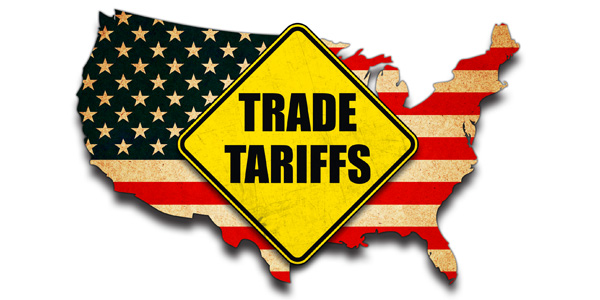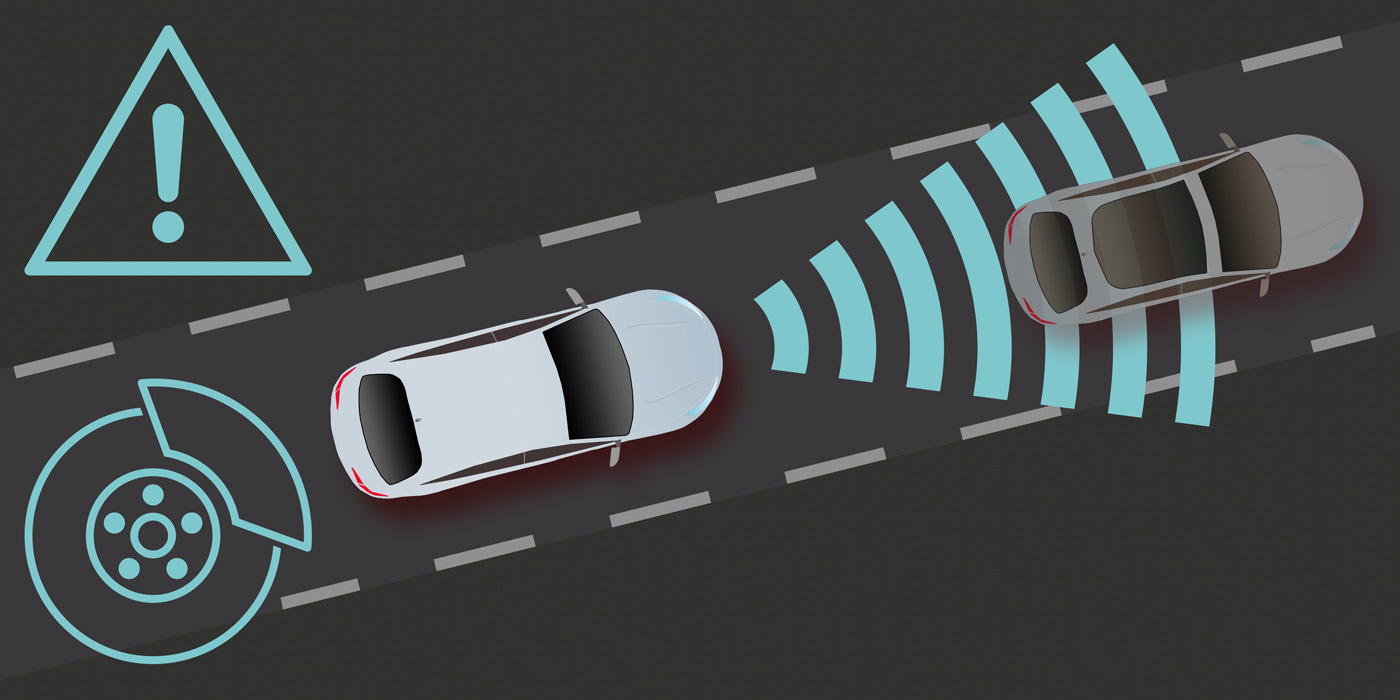
The Auto Care Association is urging the Trump administration to consider the ramifications of imposing tariffs on imported vehicles and auto parts.
The tariffs would hurt the U.S. automotive industry and the U.S. economy at large, the association asserts in comments to the U.S. Department of Commerce.
In a letter to Commerce Secretary Wilbur Ross, the association explains that the auto care industry’s “ability to source parts and components globally supports U.S. auto exports, provides U.S. consumers with a wider selection of vehicles and parts and keeps vehicle repair and maintenance costs affordable for working families.”
The association asserts that “the availability of affordable high-quality parts from foreign sources creates thousands of jobs that might be threatened should the Trump administration move forward with a tariff on vehicles and vehicle parts.”
A recent study by John Dunham and Associates, conducted for the Auto Care Association, found that a 25-percent tariff on imported auto parts could cause a reduction of 17,800 jobs in the auto parts manufacturing sector, resulting in $1.4 billion in lost wages.
The study also predicts that repair shops would lose 6,800 jobs and auto care wholesalers and retailers would lose 85,200 jobs due to lower demand. Most of these businesses are small, family-owned entities, the association points out.
“Because the auto industry operates on a global platform, the reality is that goods are rarely designed, manufactured and consumed in one country,” the association asserts. “Technological efficiencies, lower trade costs and improved logistics have allowed companies to tighten and optimize supply chains. Imports help companies lower costs and improve product quality, allowing them to remain competitive domestically and export globally.”
The study also found that imposing additional tariffs on auto parts and components would increase their price substantially, making it more difficult for working Americans to afford a new car or the cost of repairing the vehicle they currently own.
The study estimates that the cost of car ownership would increase by more than $700 per year per household should the tariffs be imposed.
Fear of Retaliation
Expressing concern that automotive tariffs would trigger retaliation from U.S. trading partners, the association notes that China was the third-largest market for U.S. auto parts exports in 2017.
“The number of vehicles in operation on China’s roads is growing to be the largest in the world, with vehicles requiring repairs currently growing at a double-digit rate,” the association says in its letter. “Further retaliation from China and our other trade partners on U.S. products would be costly to U.S. businesses that depend on these export markets.”
The Auto Care Association recommends that the Trump administration “refrain from trade restrictions that would undermine the auto industry, and instead seek solutions that protect U.S. investments, facilitate trade and create competitive value chains that benefit the global growth of our industry.”







